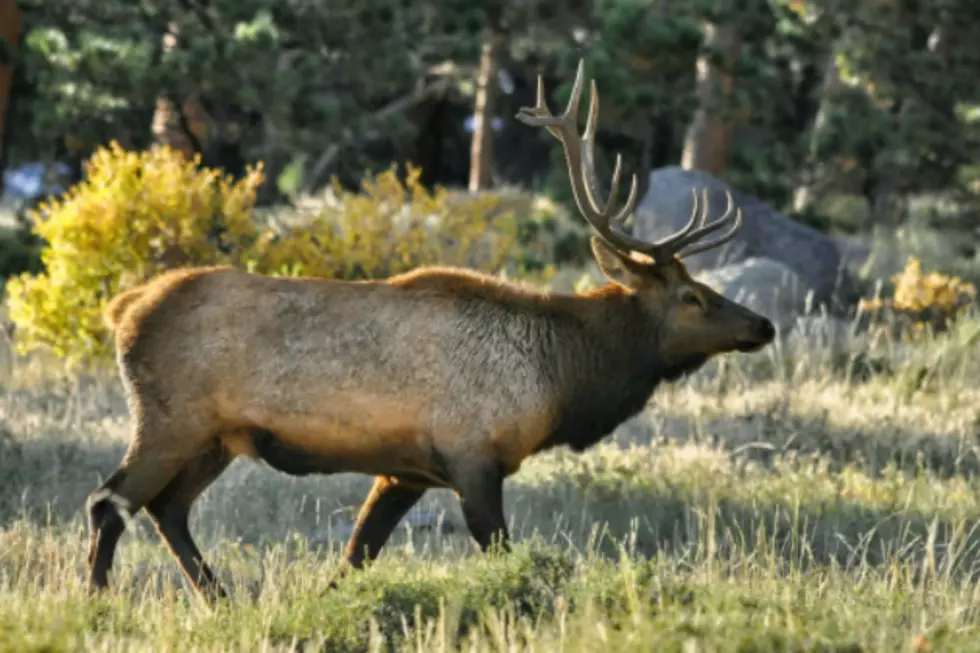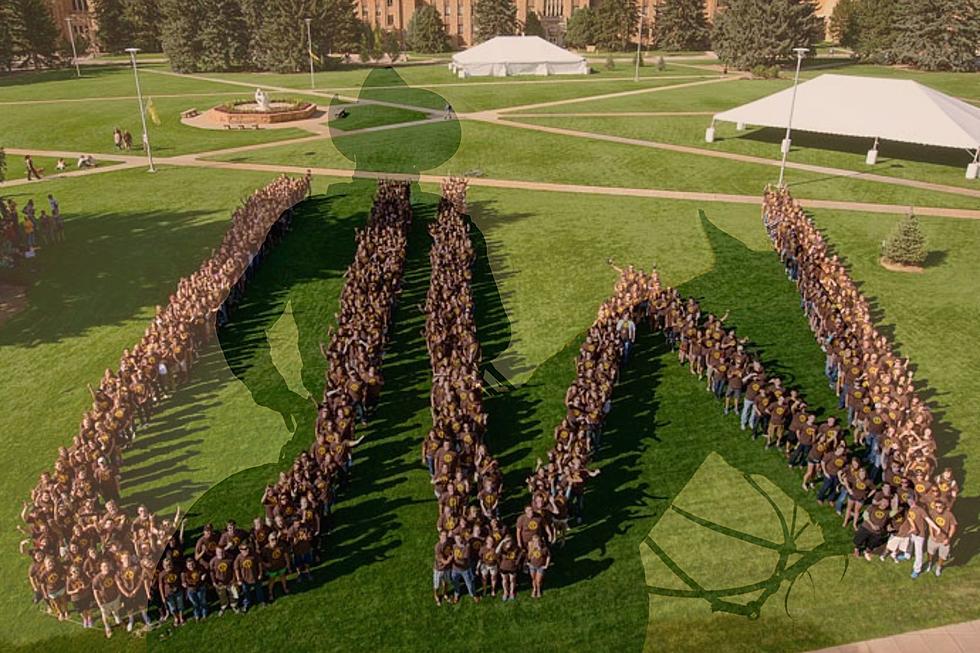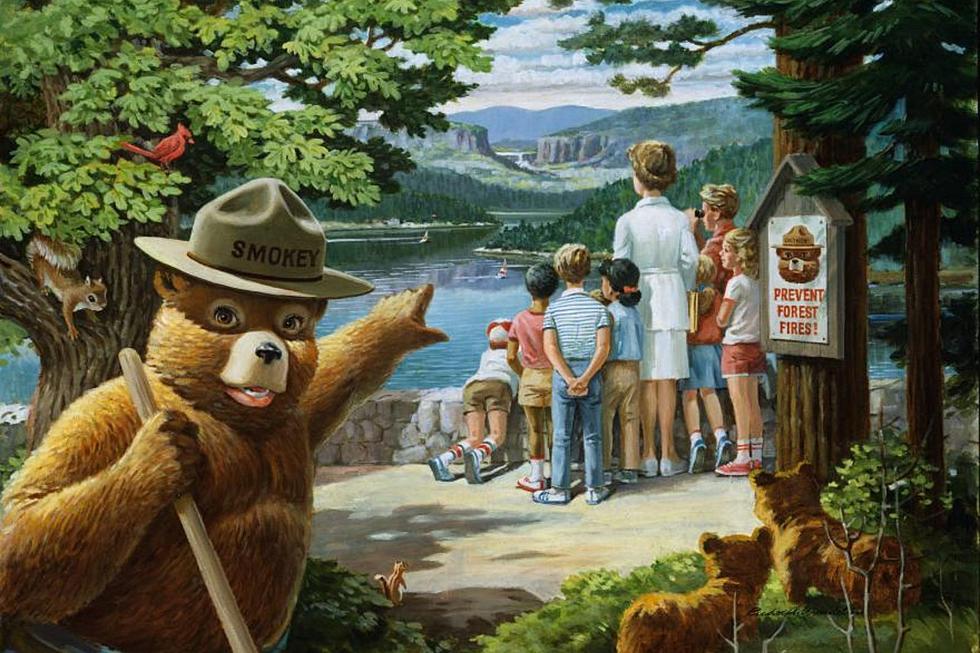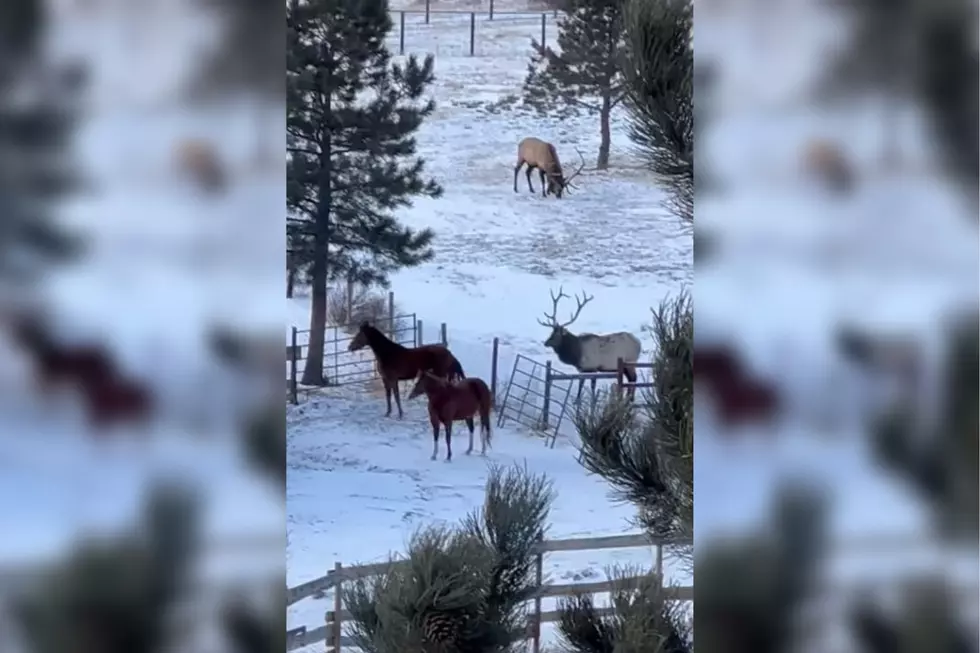
Yellowstone Elk Migration Project Discussed At UW Thursday
The greater Yellowstone elk migration project, photographed by University of Wyoming graduate Joe Riis, is the topic of discussion during the weekly Harlow Summer Seminars Thursday, July 9, at the University of Wyoming-National Park Service (UW-NPS) Research Center. The center is located at the AMK Ranch in Grand Teton National Park. Riis, a wildlife photographer and a National Geographic contributing photographer, will present “Invisible Boundaries:
The Greater Yellowstone Elk Migration Project” at 6:30 p.m. at the AMK Ranch, located north of Leeks Marina. A barbecue, at a cost of $5 per person, will take place at 5:30 p.m. Reservations are not required. For more information, call the UW-NPS Research Center at (307) 543-2463. In the greater Yellowstone ecosystem (GYE), thousands of elk each spring migrate from winter ranges in Wyoming, Montana and Idaho to high-elevation summer ranges in Yellowstone National Park. Migratory elk link the ecosystem's outermost lands to the core wilderness. Their abundance sustains diverse carnivores and scavengers, attracts tens of millions of dollars to local economies, and inspires national and global conceptions of the Yellowstone wilderness.
These migrations define the GYE, both ecologically and culturally, but elk migrations of the GYE are remarkably poorly known, even as they face a growing array of ecological changes and conservation challenges, Riis says. The project is a partnership between Riis and ecologist Arthur Middleton to uncover, study and promote the trans-boundary conservation of GYE migrations. By reaching beyond the scientific process to reveal the lives of migrating animals, the project encourages the public to reimagine the GYE as a fully migratory ecosystem. Riis will share his photographs and stories from the ongoing field project during the seminar. He received a bachelor’s degree in wildlife biology from UW in 2008. Since then, he has traveled extensively, photographing wildlife conservation and research projects on five continents. Riis received a National Geographic Young Explorer Grant in 2008, an Emmy Award in 2011, the Stanford University Knight-Riser Award for Western Environmental Journalism in 2012, the prestigious Camp Monaco Prize from Prince Albert II in 2013, and consecutive National Geographic Expedition Council grants in 2014 and 2015.
The UW-NPS Research Center provides a base for university faculty members and government scientists from throughout North America to conduct research in the diverse aquatic and terrestrial environments of Grand Teton National Park and the greater Yellowstone area. -
More From Laramie Live








